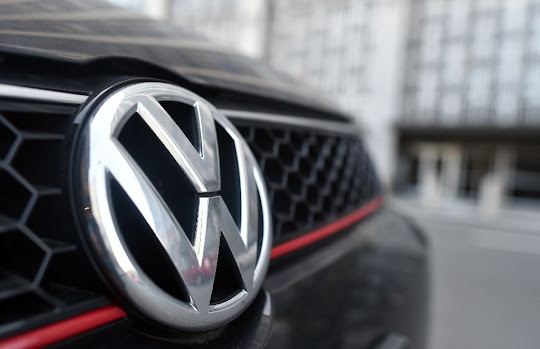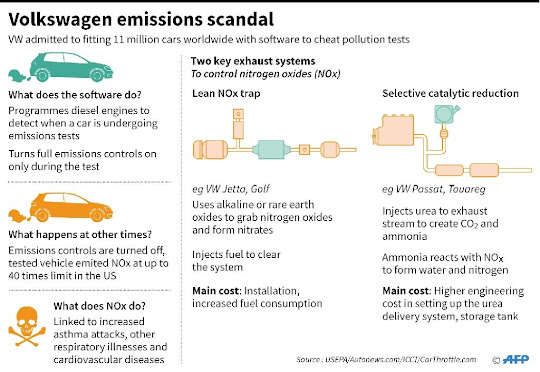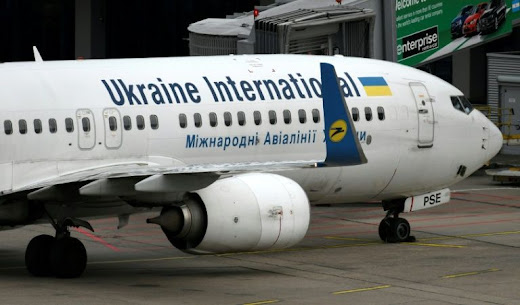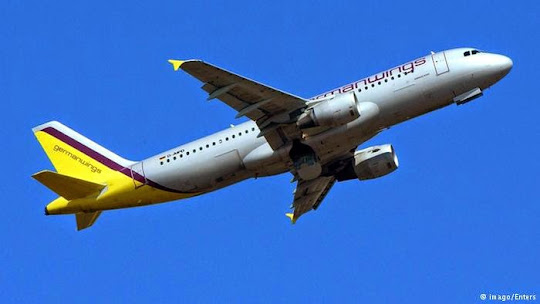
The Chinese hope to achieve the success with Volvo that has eluded Ford in the past decade. Geely sees enormous potential in the Swedish brand, not only internationally but especially on the domestic market in China, which overtook the United States as the world's No.1 auto market last year.
Like many Chinese automakers, Geely hopes someday to emulate the global success of Japanese and Korean players like Toyota, Honda Motor Co and Hyundai Motor Co. Owning a global brand like Volvo gives Geely a chance to build up its profile in China, where it is known more for small, inexpensive cars, and to catch up with its bigger state-owned rivals, who have long partnered with the likes of GM and Volkswagen, analysts said.
Li Shufu, the chairman of the Zhejiang Geely Holding Group, is a self-made entrepreneur who built Geely from nothing into the country's 10th-biggest car maker in less than two decades, and is banking on China as a saviour for Volvo. The charismatic founder said on Monday that he aims to turn around Volvo within two years. He is already planning a factory in Beijing that will make 300,000 Volvo branded cars a year, doubling its current output.
Safety
For years, Volvos have been known as reliable family cars. Another distinguishing feature is their safety. Fifty years ago, Volvo was the first manufacturer to fit three-point seatbelts as standard in its cars. But safety has faded into the background as a ‘unique selling point’ over the past couple of decades, simply because other brands have caught up with Volvo. For the Swedes, as a relatively small producer, it became increasingly difficult to stand on their own feet due to the rising costs of developing new models.
In 1999, the American giant Ford indicated that it wanted to position Volvo at the higher end of the international market. Ford put 6.4 billion dollars on the table and spent billions more on modernising the brand. But despite the investment, it failed to make a success of Volvo, and now, a little over a decade later, it has sold the brand for just 1.8 billion dollars – less than a third of the price it paid in 1999 - to Geely.
Own vision
Geely says it will do everything possible to allow Volvo to retain its own identity, as long as it’s made clear what precisely its own vision is. The Swedish brand will retain its own management, with Gothenburg as its headquarters. The Swedish unions have received assurances that the factories in Sweden and Belgium, which employ a total of 22,000 people, will remain open. But Jacques Wallner, car editor of the Swedish newspaper Dagens Nyheter, urges caution. "China has no tradition of unions, co-determination and respect for workers ... it is a hierarchical society. Hopefully, Geely and China will learn more from Volvo than just the technology," he said.
At the moment, the plans for Volvo’s future are not really concrete. In the short term, the Chinese will profit from the western technological know-how that Volvo has in house. The question is whether Geely is prepared, as Ford did, to invest billions in the development of new Volvos.
Related Article:















